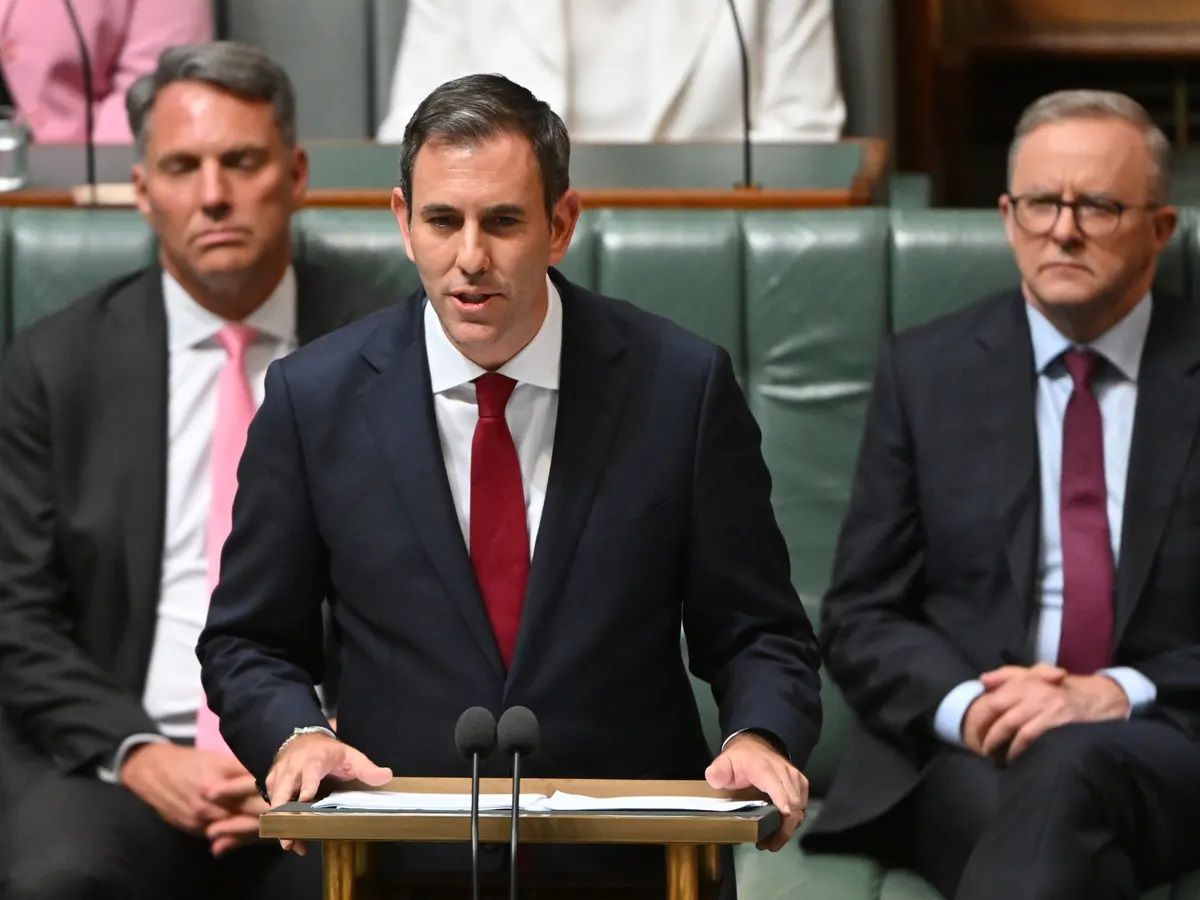Calculating Super Guarantee: The new rules
From 1 January 2020, new rules will come into effect to ensure that an employee's salary sacrifice contributions cannot be used to reduce the amount of superannuation guarantee (SG) paid by the employer.
Under current rules, some employers are paying SG on the salary less any salary sacrificed contributions of the employee. Currently, employers must contribute 9.5% of an employee's Ordinary Time Earnings (OTE) and they choose whether or not to include the salary sacrificed amounts in OTE.
Under the new rules, the SG contribution is 9.5% of the employee's 'ordinary time earnings (OTE) base'. The OTE base will be an employee's OTE and any amounts sacrificed into superannuation that would have been OTE, but for the salary sacrifice arrangement. Let's look at an example:
Pablo has quarterly Ordinary Time Earnings of $15,000 which would ordinarily generate an entitlement to $1,425 in SG contributions ($15,000 x 9.5%). He salary sacrifices $1,000 a quarter, expecting his superannuation contributions to rise to $2,425 for that quarter.
However, his employer uses the sacrificed amount ($1,000) to satisfy part of the employer's mandated SG obligation, and only makes a total contribution of $1,425, mostly consisting of the employee's $1,000 salary sacrificed amount.
Under the new amendments, Pablo's $1000 sacrificed contribution will no longer reduce the charge. Therefore, the charge percentage would only be reduced by 2.83% ($425 / $15,000 x 100). As the employer is required to contribute 9.5% of the OTE base, they must contribute an additional 6.67% to meet their minimum SG obligations. The employer has a shortfall of approximately $1,000 (6.67% x $15,000).
As sacrificed contributions no longer reduce the charge Pablo's employer will need to contribute $1 425 (mandatory employer contributions) in addition to the $1,000 employee sacrificed amount, to avoid a shortfall and liability for the SG charge.
The amendments also ensure that where an employer has not fulfilled their SG obligations and the superannuation guarantee charge is imposed, the shortfall is calculated using the new OTE base.
If you would like help understanding what the rule changes mean to you, please contact your Aspen Corporate Advisor today.







